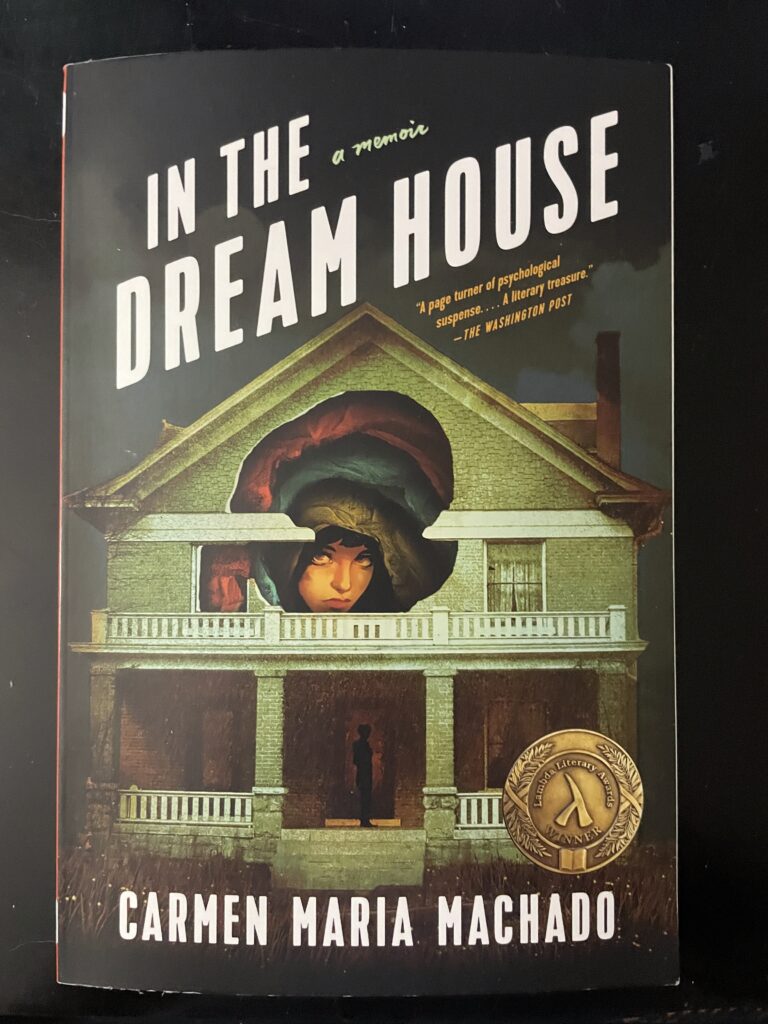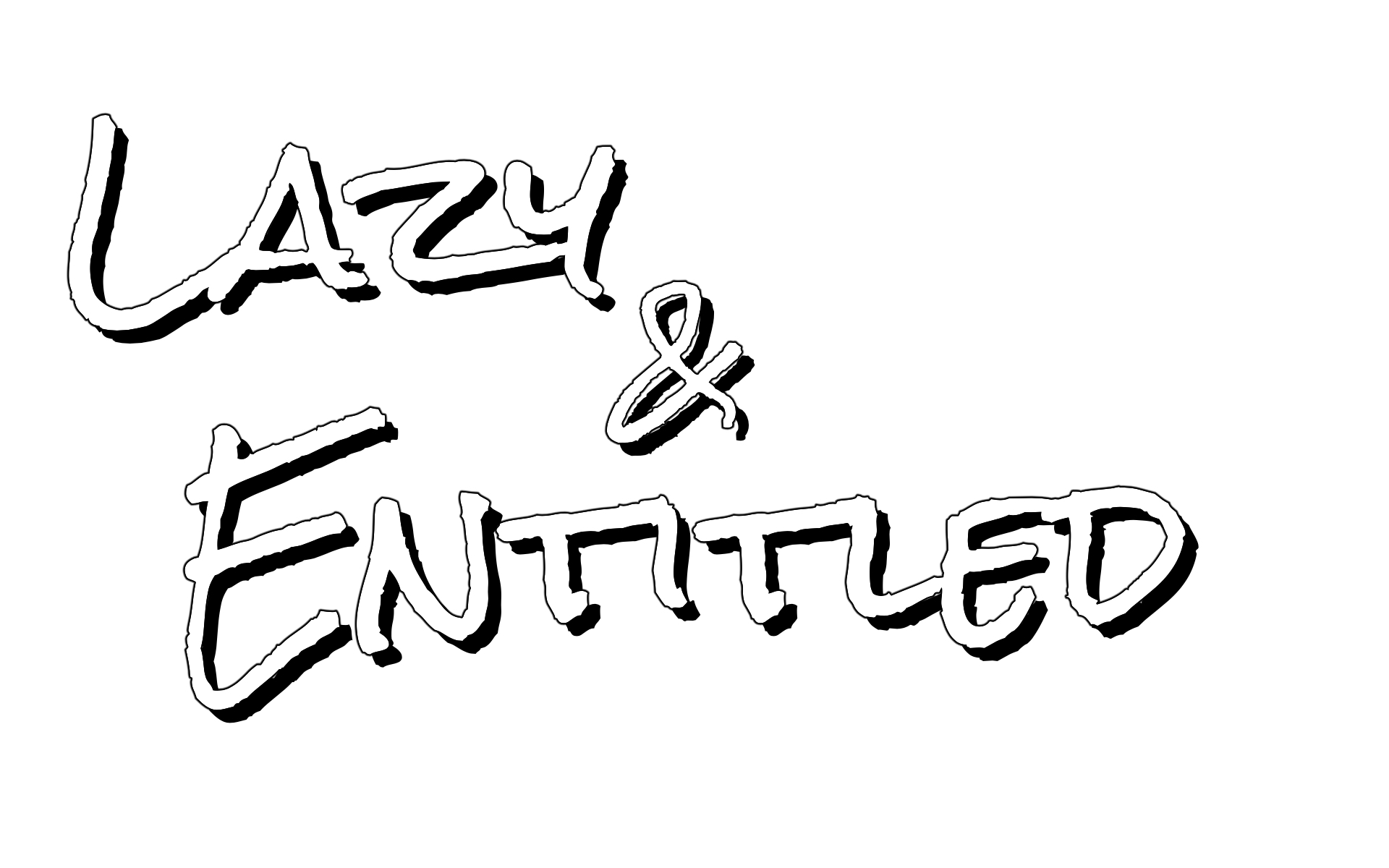“You tried to tell your story to people who didn’t know how to listen.” – Carmen Maria Machado, ‘In The Dream House’
As a reader and a writer, I have to confess to often privileging form over content. Sometimes the layout of the words on the page is intoxicating enough that their meaning doesn’t immediately register. This is especially a problem in poetry, where sometimes I like a book because it fits in my poet, or fall in love with the brutalist boxes of prose poetry. Music is not exempt from this—being a guitarist, bassist, almost-keyboard player, and enthusiastic-if-bad finger drummer, I frequently don’t hear lyrics. Obviously I’m not one of those guys running around like “when did Rage Against The Machine go woke?” but I can understand how versions of that happen to people1.
For the record, I’m not actually sure this is a problem, because it all comes together in the end. I do eventually think about meaning and content, and think about it a lot. Excessively, as anyone who reads this blog might say.
What I’ve Been Reading This Week:
A book that is told in mostly short vignettes. A book with a new formulation/genre exercise/trope to explore in each chapter title. A book that, content warning, is an exploration of gaslighting and domestic abuse in the context of a lesbian relationship. A book that I couldn’t put down. I’m talking, of course, about In The Dream House by Carmen Maria Machado.

Style first—the main benefit of using short chapters with different genre edicts (“Dream House as Stoner Comedy,” “Dream House as I Love Lucy,” etc). The effect of this is sort of like a massive buffet line, but if you put every item on your plate, it actually does add up to a full meal, with each item complementing the other. Machado can weave together the abusive-relationship-as-haunted-house metaphor, some sourced research on abuse in queer relationships and its relative lack of coverage, and the actual narrative of events pretty seamlessly. It’s also an effective way illustrate the tension as things in the relationship worsen. The white space when the chapter ends says a lot. What happens in the next chapter fills in some gaps. Even though I just read a memoir, I still don’t want to speak to others’ experience. Still, I’ll say that it does felt like the realization that the relationship was abusive was a slow one, pieced together over time, until the other woman’s actions became absolutely undeniable. That’s when, in the text, we start to see some follow-up from chapter to chapter: “have you signed up for therapy yet” and “aren’t you concerned that you have no memory of this incident” are two lifelines Carmen throws out, to a person who says that their hands are too full for lines, and they’d rather drown, thanks.
Content: I don’t know how sordid you, reader, want me to be here. There isn’t a ton of physical violence (definitely some, though, including some arm-grabbing that has not left my mind), but I spent a good portion of the book unsettled. The abuse is mostly emotional, mostly about control, and I almost believe the abuser talking about having no memory. There’s a lot of unable-to-handle-a-few-drinks. There’s also some establishing of the fact that she’ll lie to get what she wants. Lying comes easily to her. The controlling nature of the abuse is particularly skin-crawling.
On The Line Break, we’d call this paragraph “what’s going on beyond the page.” Will any of this come out right? Who knows. Here goes: I don’t read a lot of memoir, my interest in chisme is next to nada, I’m never gonna the guy who wants tea. Knowing that this was a true story, though, and knowing that the unnamed abuser is also a writer2? I felt a confusing mix of things. I wanted to avoid her writing, I wanted to not risk it coming across my desk. Then, I wondered if that was fair—should someone’s entire life be defined by the choices they made in their mid-20s, which were then written about by someone else? Who gets to define or tell someone else’s story? Ultimately, I don’t think there’s anything wrong or whatever with Machado writing this excellent book. If there is any attempt at saying sorry, coming to terms with bad behavior, anything like that? It’s not on the page. So let me not offer absolution (which isn’t mine to give in the first place) to someone who, for all I know, has asked for none. Here’s another confession: I gave into what I called “perverse, base” instincts (my wife called them “human, understandable”) and Googled3 who the abuser was. I will not reveal who it is here.4 I can’t say that knowing enhanced the book or my life in any way. The knowledge at the end of that particular bit of research is seeing the face of a person who did some awful things, but still gets to walk around in the world. That’s not news to me. But Carmen’s story, her writing? Not only is this book great, it’s important. The world is a better place with Carmen Maria Machado thriving and writing in it.
LINKS!
Something to listen to while you browse? I’ve really been enjoyed Happy Imaeda’s drumming videos on YouTube. Guy is a really interesting drummer, and the vibes are immaculate.
- Speaking of dream houses, amirite? The Future of Cooling Was Invented Thousands of Years Ago by Yasmin Alrabiei in Atmos
- Always read Kelly Hayes in times like these. In Organizing My Thoughts, she interviews Army vet Rory Fanning on “What Do We Say When The Soldiers Come?“
- Let’s take a break to talk movies. Here’s Daniel Dockery in Games Radar about how the DCU could learn more from The Conjuring franchise than the MCU. Gotta admit, I don’t super care about the DCU (I hope they make good movies) and I don’t love the ConjurVerse or whatever, but I do love thinking about worldbuilding in horror, and I love Daniel’s writing. Perfect opening two lines: “Sometimes you just need a bunch of spooky stuff to happen. Even at its most exciting, ‘expanded universe’ storytelling eventually becomes homework.”
- Late to this, but speaking of abusers: here’s the great Jason Kirk in Sojourners on the awful destructive legacy of James Dobson
- Absolutely read “Megalohydrothalassophobia, Or Something” by Aubri Kaufman in Pool Party
What’re you still doing here? Don’t you know that Micah and Brendan have a show? (Also I saw the fifth Indiana Jones, and while I don’t know if it’s, like, “good” or “well thought-out?” I liked Phoebe Waller-Bridge.)
If you work in the service industry, may you clean up in tips this week. Hey, having read In The Dream House, I’m going to leave you with a simple benediction. Don’t let anyone mistreat you. Know that you are a human being, you are not your job, and you don’t have to put up with disrespect.
Sorry you got an email,
Chris
- I was in elementary school when Third Eye Blind’s “Semi-Charmed Kinda Life” came out, I was in my early 20s when I learned it on guitar, and I was deeeeeeeep into my 30s when I learned it was about crystal meth ↩︎
- she eventually gets into the Iowa Writers’ Workshop, which Carmen is attending, meaning their relationship doesn’t have to be long distance—and this sparks so much dread in Carmen that I had to put the book down a minute ↩︎
- should really switch to DuckDuckGo, I know ↩︎
- what, I’m gonna go back on my word in a footnote? Get back to the blog! ↩︎

